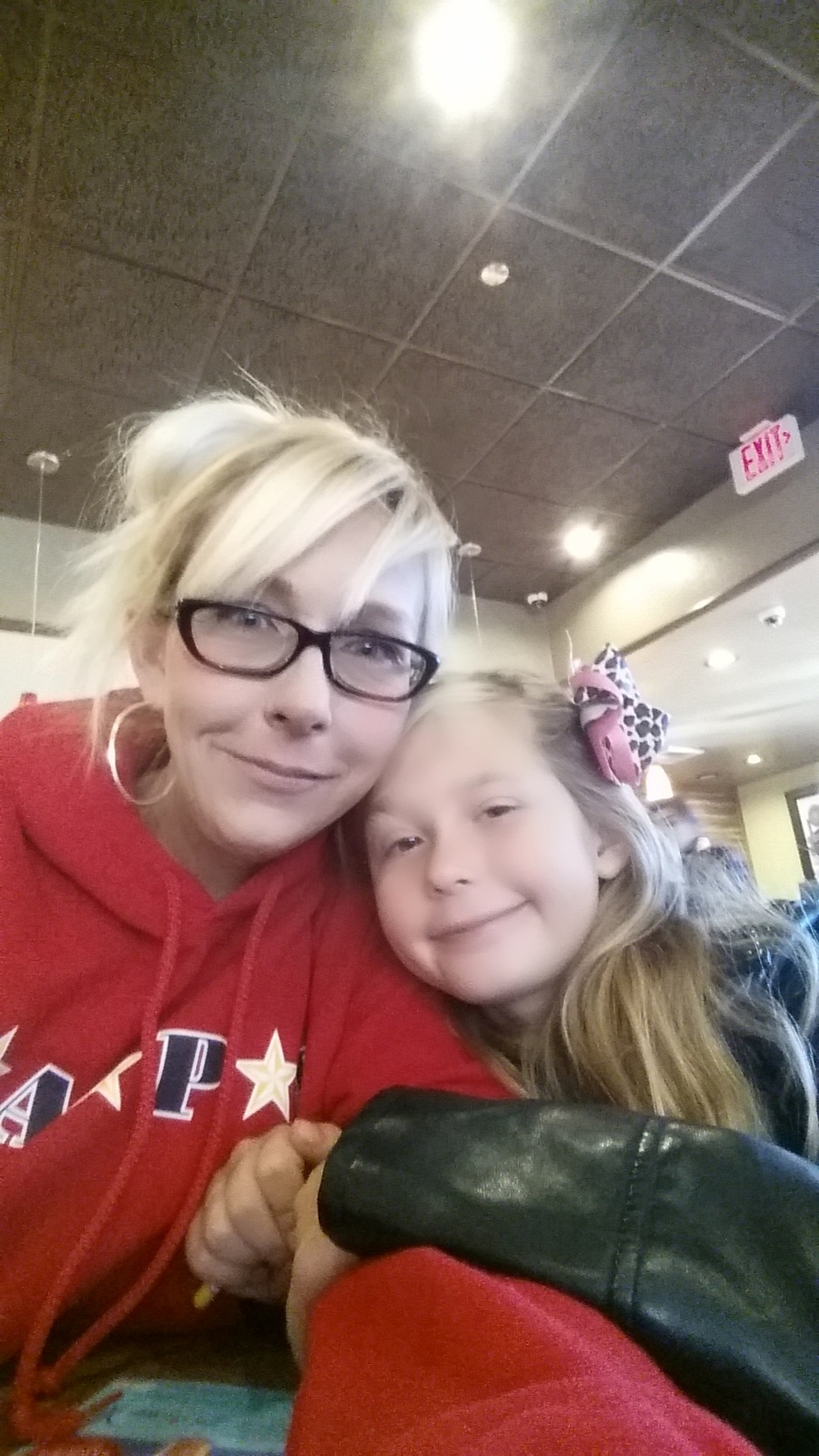Support When You Need It
Author: Misty Blum
 Some people describe the unexpected death of a spouse as having the air suddenly taken from their lungs, but I would have to disagree. I know that lack of air is certain death. It's been nearly three years since my husband died, and I'm still here. I think the death of a spouse or other close loved one is more like the loss of a limb. In most cases, it won't kill you but it will permanently alter every aspect of your life and how you live it. You will survive. You're just different. You have to relearn even the basics in life.
Some people describe the unexpected death of a spouse as having the air suddenly taken from their lungs, but I would have to disagree. I know that lack of air is certain death. It's been nearly three years since my husband died, and I'm still here. I think the death of a spouse or other close loved one is more like the loss of a limb. In most cases, it won't kill you but it will permanently alter every aspect of your life and how you live it. You will survive. You're just different. You have to relearn even the basics in life.
TAPS Peer Mentors are like being fitted with a prosthetic limb after the loss of your own. You could probably get by without one, but the introduction of such a device opens up new possibilities to get back to a “new normal" faster and with a renewed determination. The decision to accept a Peer Mentor is much like the choice to use your prosthetic limb. You make the call. We can be utilized as little or as much as you decide. We are there to assist in this new and sometimes painful journey. We want to provide a soft place to land when you need to fall apart. We won't tell you how to grieve, but we’ll provide a safe place to do so with peers who have been there.
I became a Peer Mentor about a year ago. I was nervous about exactly what the training would entail. I decided to receive my training at the annual National Military Suicide Survivors Seminar. Don Lipstein primarily led the training class, and he was so passionate about what Peer Mentors do and helping survivors that I wanted to join him the moment he started speaking. The training was short but intense. Before we could become Peer Mentors we had to dig deep within ourselves and decide if we'd healed enough personally to see past our own loss in an effort to truly aid our potential mentees. There were tears and laughter but mostly a more comprehensive idea of exactly what was expected of us should we move on. I asked so many questions. We learned there is no right or wrong way to grieve, and our job isn't to tell new survivors how to get through it but to just "be there."
In my opinion, this is our first and most important job as Peer Mentors. Simply our presence. Because everyone is different. The way we grieve is also different. We let our mentees steer the relationship. Some survivors need constant support and assurance, and others just need to be reminded periodically that they aren't alone. I think a good Peer Mentor can pick up on the cues and follow the mentee’s lead. The training we receive and lessons we learn while mentoring cross over into our lives in how we interact with others outside of TAPS. The experience provides a wealth of knowledge. It really helps in understanding human nature and relationships.
Becoming a Peer Mentor has been one of the most empowering experiences since the death of my husband. I have moved from the role of a victim to one of a healer. That is so huge. Not only am I helping others in what studies have shown to be the most stressful event in adult life but they are helping me in return. That is profound. That is TAPS Peer Mentoring. I am grateful for my own Peer Mentors who were there for me in 2013, and I'm proud to assist those who come after me.
